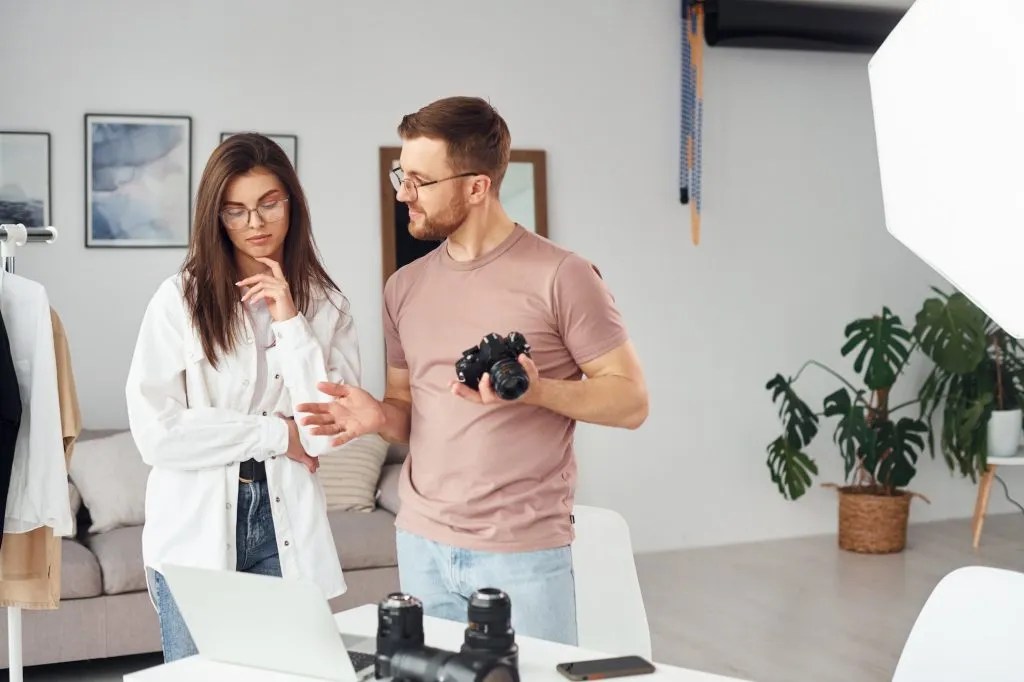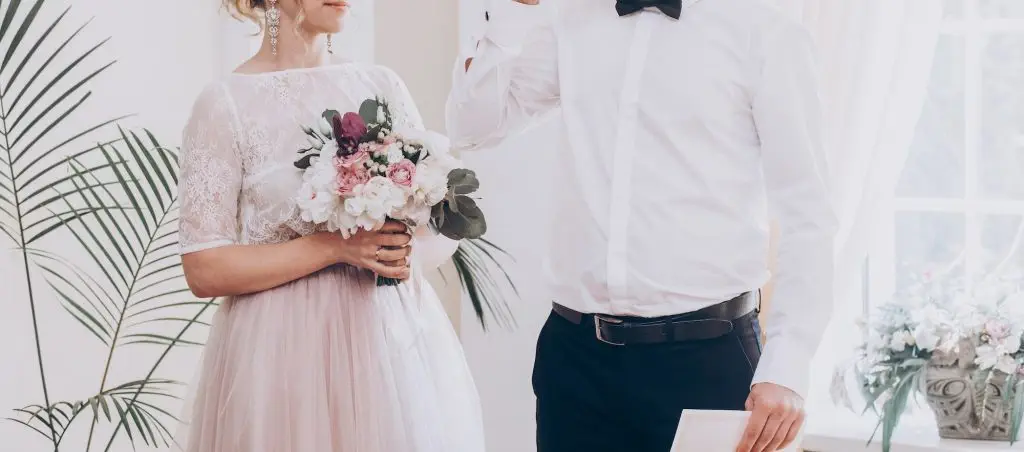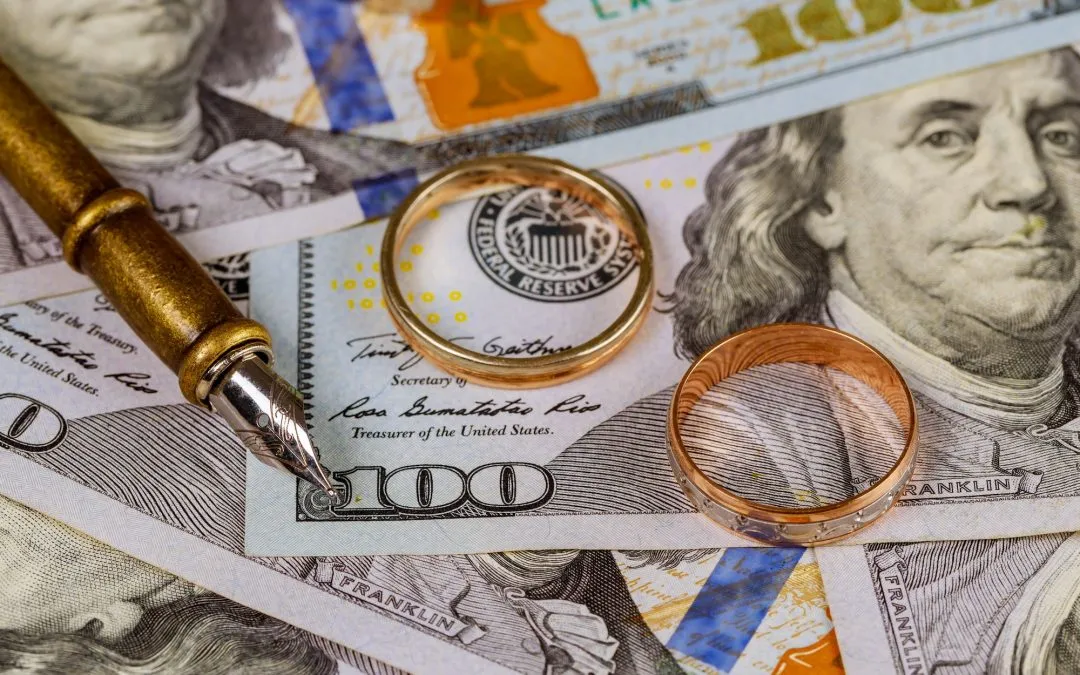When it comes to wedding photography, there are a lot of things that you need to consider. You need to think about the venue, the flowers, and even the food. Making sure that your photos are good is also an important part of this process and getting them from a reputable photographer can help make sure that they turn out great. But before you sign on any dotted line with your wedding photographer, it’s important to make sure that you have all of the information in hand first.
The Price
The price of the photography package should be clearly stated in your contract. It’s important that you know what you’re paying for, and how much it will cost before signing on the dotted line. Here are some things to consider when determining how much a photographer should charge:
- The experience of the photographer—how long has he been in business, how many weddings and events have they photographed, etc? If a photographer has worked with other clients in the past, this can help give them an idea about their level of experience and skill.
- The quality of their work—is it high-quality wedding photography or more like family portraits with just one person at each setting? A good rule of thumb is if someone wants portraits done within 5 feet (1 meter), chances are they don’t need professional photographers! You could also refer back again later down this page under “Pricing” section where we talk about what factors go into determining pricing so keep reading!
The Payment

The payment should be made in full before the event. It is important that you get paid on time, and as quickly as possible. You should also be able to choose how you want your payment processed: by check or online banking. If you prefer paper checks, then please provide a list of all required items so we can include them in our contract with you (including insurance coverage).
Payment may take longer than expected depending on how busy our studio is at any given time. However, we will always try our best not to let this happen!
The Deposit
The deposit is a photo-journalistic wedding photographer’s most important contract requirement. It’s typically a percentage of the total cost of your event, and it acts as both security for the photographer and incentive to do their best work. While there are no industry standards regarding deposits, they usually range from 20% – 50%.
- Deposits are non-refundable once paid. This is because a large portion of what you’re paying for is used to cover costs on your wedding day; photographers need money up front so that they can book their venues, hire assistants, rent equipment and make other arrangements necessary for an event like yours. They also need time to prepare for shooting your wedding day—so if you cancel after paying a deposit but before signing an official contract, it may be tough for them to reallocate those resources elsewhere or recover lost income from another client who wanted to take their place (and paid).
- Your full payment won’t be due until after all photos have been delivered and approved by both parties (you/your fiancé(e) and the photographer). Although some photographers offer payment plans (usually requiring interest), most require full upfront payment by credit card or check within 30 days of the date on which services were rendered (i.e., when shots were taken). If this doesn’t work with your budget plan—or if paying cash isn’t possible—then ask whether they accept alternative forms such as PayPal transfers or Venmo payments so that you can pay online securely without incurring additional fees each month just because someone else has access to your account details!
The Ownership
The photographer owns the copyright to the photos. This means that you do not own the rights to use them for your wedding website, save them in an album, or post them on social media. You can make prints of certain photos, but only if you purchase a print release from the photographer.
You may be surprised to find out that the photographer also owns all rights over how they can use their work on marketing materials or websites—including their portfolio site! In other words: It’s up to them whether they want to share their work without being compensated for it. Just like photographers have a right not to share their work with clients who aren’t willing or able (or both) pay market prices for it, they also have a right not share those images with anyone else who doesn’t want to pay up front or after-the-fact licensing fees.
Finally—and this is important!—photographers have sole discretion over whether and how they’d like their photos used by themselves personally after the wedding day has come and gone. This means that if you’re getting married in Hawaii (or any other place where there are breathtaking landscapes), don’t expect any special favors from your photographer when it comes time for him/her get some beauty shots out there; he/she might just decide instead that he/she wants those shots for personal use only.”
The Second Shooter or Additional Photographer

When you hire a wedding photographer, you may be surprised to find that they ask for a second shooter or even an assistant. There are many benefits to having a second photographer on your wedding day, but it’s important to understand what those benefits are and how they will affect the overall experience of your day.
The main purpose of having two shooters is that each one can capture different perspectives throughout the day, ensuring that every moment is captured from multiple angles. A good example of this would be when getting ready before the ceremony; one shooter could focus on getting in close shots of details like jewelry and makeup while another captures wider images of groups getting their hair done together or friends helping each other style their dresses. As another example, during the ceremony itself (which usually lasts between 20 minutes up until about 45 minutes), there’s often times not much movement happening outside of people standing up or sitting down; however these moments aren’t always interesting enough for both photographers’ styles to come across well in photos if only one person was documenting them
The Entire Contract
The contract should include all of the details of your agreement. The best contracts are written in plain language, so that you can understand everything you’re agreeing to. Make sure it’s signed by both parties and includes a clause that states that the photographer is not responsible for any damage to your property due to shooting on location at your wedding venue or elsewhere.
Getting your wedding photos is an important part of the wedding experience and making sure that you have a contract that protects you and makes things clear is an important part of this process.
It’s important to remember that having a contract does not mean you’re doing something wrong. In fact, it’s just the opposite. A contract protects both parties and makes sure that everything is clear from the beginning. It also helps to ensure that everyone is on the same page so there are no surprises later on. The wedding experience has lots of moving parts, so a well-written contract can help keep things running smoothly and minimize any potential issues during your big day.
The main thing to remember when reading contracts is that they can be very different from one photographer to another. The best thing to do is ask questions. Have your attorney look over it and make sure that everything is clear and understandable before signing anything.

